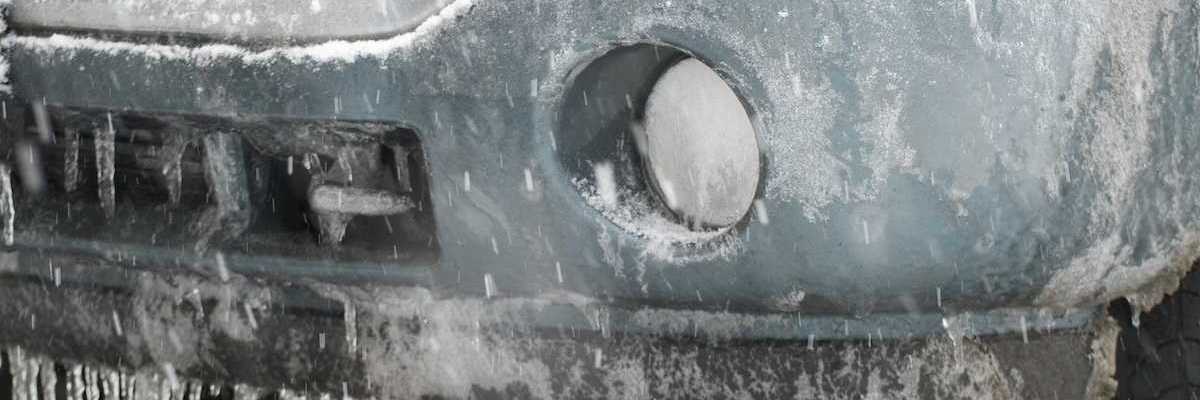bc
Heiltsuk leaders seek justice on the global stage for a historic spill's fallout
Heiltsuk tribal leaders from coastal British Columbia have taken their grievances over Canada's inadequate spill response to an international forum, aiming to secure legal recognition for cultural losses.
In short:
- Following the devastating Nathan E. Stewart spill, the Heiltsuk Nation struggles with the long-term impacts on their traditional harvesting grounds, leading them to seek international intervention.
- Canada's legal framework currently fails to recognize cultural and environmental losses, prompting the Heiltsuk leaders to advocate for changes at the International Maritime Organization.
- The Heiltsuk's efforts underscore a broader struggle for Indigenous communities to protect their rights and resources against environmental disasters.
Key quote:
“We’re not only looking to make things right for ourselves to protect our shorelines. It’s only a matter of time before another incident."
— Hereditary Chief Harvey Humchitt.
Why this matters:
This isn't just about the fight against oil spills; it's also a larger story about the right to self-determination for Indigenous peoples and the global need to transition to sustainable energy sources.
British Columbia's budget overlooks climate disaster prevention efforts
In British Columbia, despite recent devastating climate events, the latest budget focuses more on emergency response than on preventing future disasters.
In short:
- The budget increases funding for emergency management but lacks investment in measures to prevent climate disasters.
- Experts criticize the budget for not addressing the root causes of climate events, emphasizing the need for a shift towards resilience and proactive measures.
- While some funding is directed towards drought issues and wildfire mitigation, there is a call for more strategic, long-term approaches to climate response.
Key quote:
"We have too many provincial officials with their heads stuck in the mud from floods and their heads stuck in the ash of forest fires."
— Sto:lo Tribal Chief Tyrone McNeil, chair of the Emergency Planning Secretariat
Why this matters:
This article highlights a critical gap in addressing climate change: the need for proactive, preventative measures rather than reactive responses. It underscores the importance of investing in resilience and preparedness to mitigate health and environmental impacts, aligning with broader national and global efforts to combat climate change.
How scientists are using poop to track climate-change effects on pikas and their mountain home
Kevin Falcon is ready to axe the carbon tax
BC United Leader Kevin Falcon said that although he’s proud of having been part of the government that introduced Canada’s first carbon tax, as premier he would keep it only if other provinces do.









